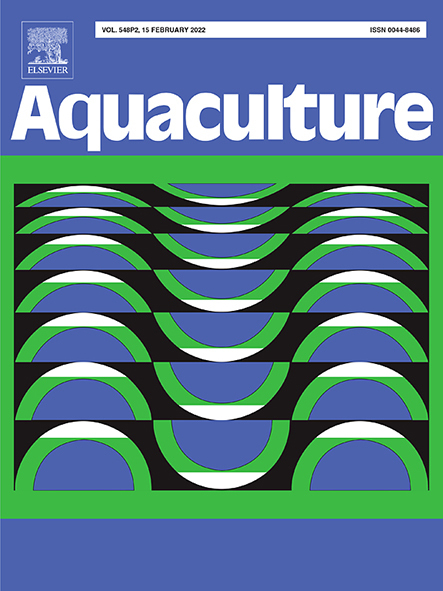
In a week-long tribute to exemplary business practices, Aquascot is ce...
Lumpfish have proven to be an extremely effective natural solution for reducing sea lice infestation in salmon farm pens, reducing the reliance on chemical treatments. They are generally sourced from the wild to meet demand, but their use has become so widespread that the numbers used by the farming industry has increased by a significant degree.
Emily's new research has shown no abnormalities in lumpfish hatched using cryogenically preserved sperm — and suggest that this method can help reduce the reliance on the wild male broodstock, and also allow for greater natural selection of preferred traits.

Emily said: “In recent years the demand for lumpfish to be used as cleanerfish has grown exponentially.
“While there are a number of hatcheries in Scotland rearing lumpfish, the eggs originate from wild broodstock. These wild-caught parent fish have to be culled to obtain their gametes and this continuous removal of fish has depleted wild stocks considerably.
“If cryopreservation was adopted as a common method of storing lumpfish sperm, it would allow egg production facilities to fertilise a far greater number of eggs from a single male.
“It is also an extremely useful tool for lumpfish breeding programmes as it provides a storage bank. If individuals from a particular egg clutch possess positive traits (effective lice picking), the sperm used to produce them is stored and can be used for further testing and or production of successful offspring.”
This is the first research publication for Emily — a SAMS UHI graduate who studied in Tromsø as part of her Erasmus Mundus Aquaculture Environment and Society (ACES+) Master's Degree.
As Aquaculture Officer, she's now an integral part of Aquascot's Aquaculture team, and we want to join her friends and family in congratulating Emily on this recognition. Read more about her research on The Fish Site and ScienceDirect.

In a week-long tribute to exemplary business practices, Aquascot is ce...


The Aquascot team are proud to join forces with SHORE Seaweed to bring...

Aquascot are once again proud to support the Highland & Islands Food &...